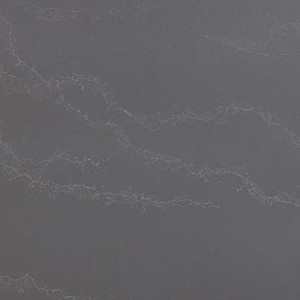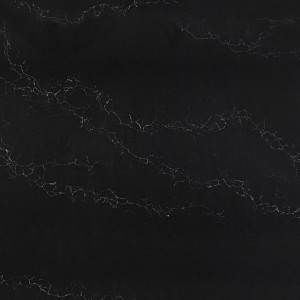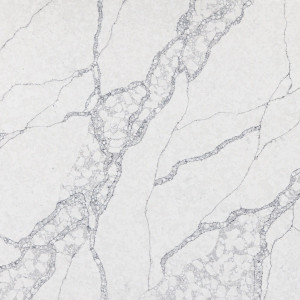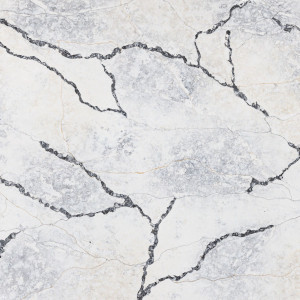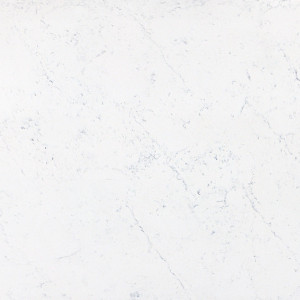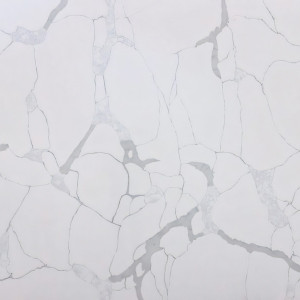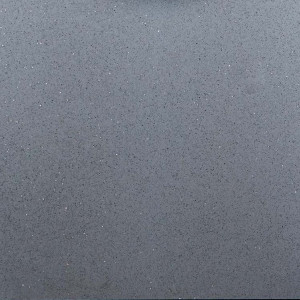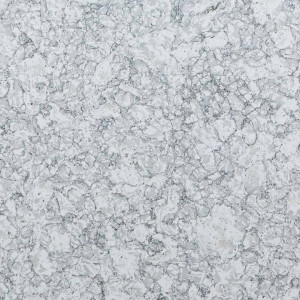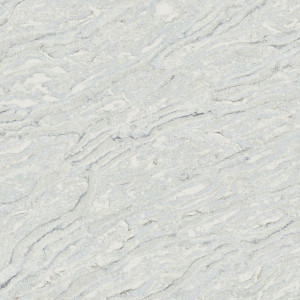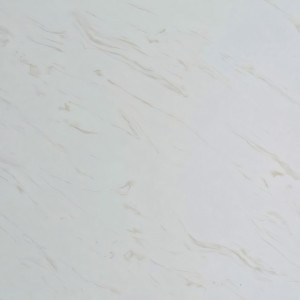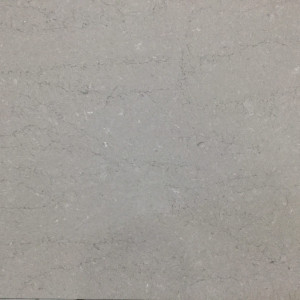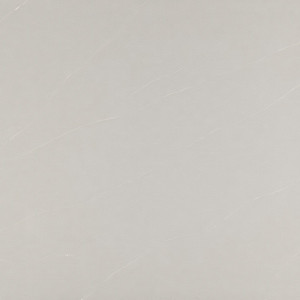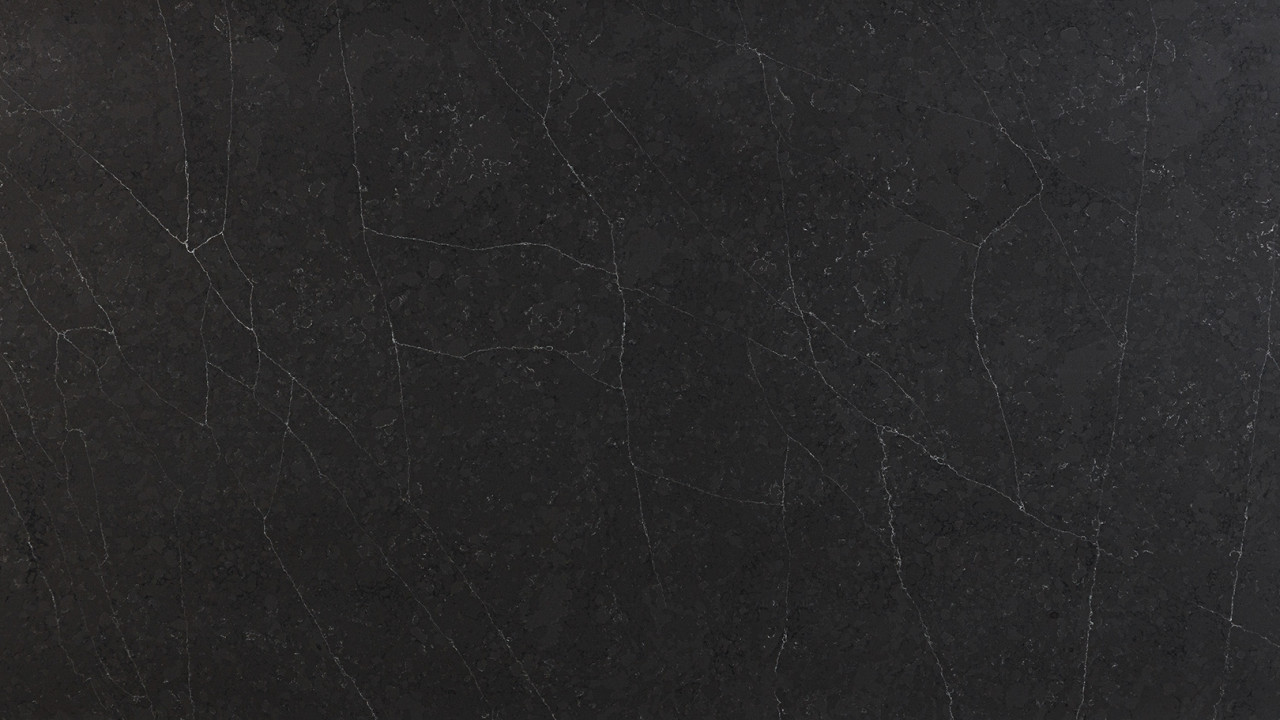
Petra Grigio Quartz
Petra Grigio is an indoor application with a dark gray and gray background, lined with tenuous white veins across the surface. Encapsulating an almost pitch-black vibrancy while echoing a silent design, the Petra Grigio is an enchanting example of how contemporary spaces can benefit from such palettes. It is quite the entrancing stone with its vague outlining and design.
A dual-natured stone with gray undertones, the stone has the aesthetic of spatial and in-depth outlooks. Its smooth texture makes the quartz look almost palpitating. With so many benefits to the stone, the Petra Grigio is advantageous for its resistance against heat, slips, and scratches. The stone is a viable resource for all kitchen and bathroom needs. Another added benefit for the Petra Grigio is the inventory of finishes and colors that are readily available to make the aesthetic match any visualization or preference. Although it seems like an all-encompassing black stone, the quartz mixes two different palettes of gray and dark gray to replicate its ominous style.
Material Type: Quartz
Country of origin: Other
Colors: Grey, White, Black
- 1. Do quartz countertops need to be sealed?
- Quartz is a non-porous material and therefore it does not need to be sealed.
- 2. Is quartz heat resistant?
- While quartz countertops can withstand some heat, it is always recommended to use trivets when placing hot objects on quartz countertops.
- 3. Can I cut on a quartz countertop?
- Quartz is scratch resistant, however it is always recommended to use a cutting board when cutting on the countertops.
- 4. Is quartz stain resistant?
- Yes, unlike natural stone, quartz is resistant to most common types of stains.
- 5. Where can I install quartz?
- Quartz can be installed on most surfaces around the home, including kitchen countertops, backsplashes, vanity tops and more.
- 1. Do you provide free samples? How many samples can I take?
- At marble.com samples are free, and we encourage our clients to take up to ten samples per visit.
- 2. What materials can I find at your facilities?
- All Marble.com facilities carry slabs of granite, quartz, quartzite, marble, soapstone, slate, limestone, and travertine. Our Ridgefield Park yard has the largest selection, also offering slabs of gemstone, porcelain, and glass.
- 3. Why should I see a slab in person?
- Since every slab of natural stone is completely unique, we recommend visiting one of our facilities to see slab patterns and variations in person.
- 4. Where does your material come from?
- At marble.com we source our stone only from the most reputable quarries from around the globe, including those from Italy, Spain, Brazil, and India.
- 5. Why is some stone more expensive than others?
- Stone slabs that are extremely rare and boast unique colors tend to be more expensive than commonly found stone.
- 6. Do I have to seal natural stone?
- We do recommend sealing natural stone countertops periodically, the frequency of sealing the stone depends on the material.
- 7. What is a honed finish?
- A honed stone finish refers to the smooth, matte surface of the material, which creates a visibly lighter and softer tone. While honed finish might be an ideal design choice for some homeowners, it also makes the stone more susceptible to staining and etching.
- 8. Can a chip on my countertop be repaired?
- Most chips, smaller than a dime in diameter, can be repaired by the homeowner using a chip repair kit. We do recommend professional service care for larger chips.
- 9. Can I install my own countertops?
- We recommend professional installation, completed by our trained technicians for all major projects, however some smaller pieces may be installed by the customers.




 Facebook
Facebook
 Twitter
Twitter
 E-mail
E-mail
 LinkedIn
LinkedIn
 Pinterest
Pinterest
